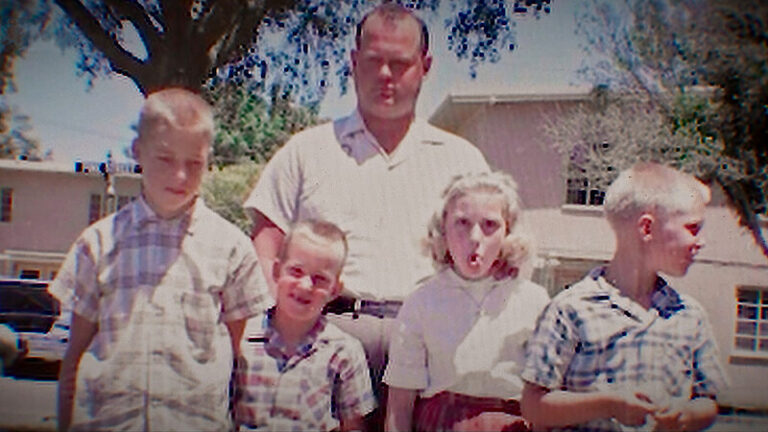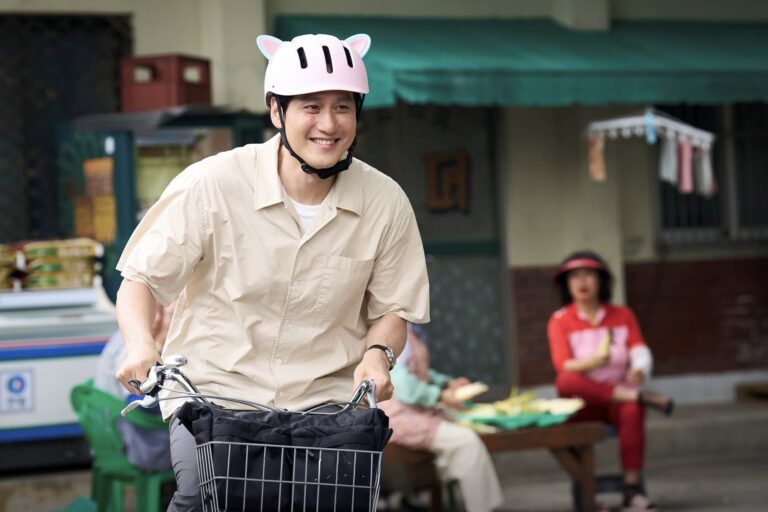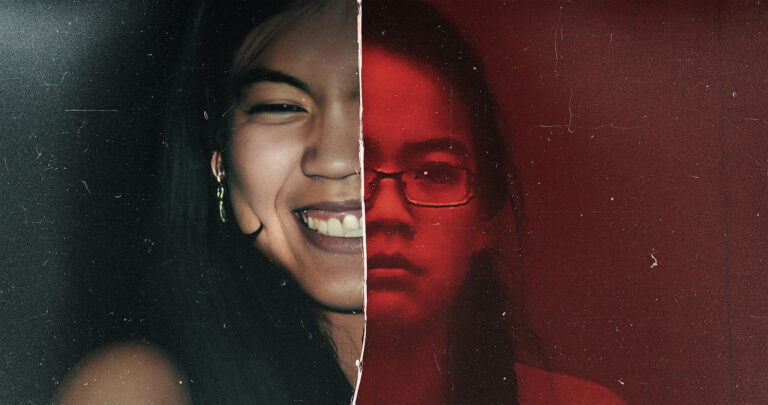Beyond the Bar Episode 10 Review
Episode 10 begins with a tense confrontation where Yomi strikes Soyun with a stone, leaving her unresponsive. Panicked, Yomi flees but later returns to find Soyun dead. The police arrest Yomi for the incident, but she refuses to speak, requesting a lawyer named Han, who initially denies knowing her. Yomi insists Han represent her, blaming Han for being partly responsible for the trauma she endured. Han, confused about Yomi’s identity, investigates further, recalling fragments of her past and the bullying Yomi faced, including an incident where Yomi’s face was burned.
Meanwhile, the narrative explores the personal and professional lives of other characters. Minjung avoids her colleagues, Jinu struggles with team dynamics, and Shakhun is aware of Jinu’s intentions to involve Minjung in social events. Koyon reveals her family troubles involving a lawsuit and financial blackmail, while Hyomin offers support and consolation. The story also delves into Minjung’s complicated relationship with Jinu, marked by tension and unresolved feelings.
In jail, Yomi reflects on her painful past, her bullying experiences, and her transformation from Soyun to Yomi. Han learns from Yomi’s mother about the bullying and the power dynamics that protected the bullies. Han feels guilt for not intervening earlier. Yomi’s trial unfolds, revealing harsh realities of school violence and legal consequences. Despite the prosecution demanding 25 years, Yomi is sentenced to two years, bringing relief to many.
Throughout the episode, flashbacks and present events intertwine, revealing complex relationships, hidden secrets, and emotional struggles. Han is caught between her professional obligations and personal regrets. The episode closes with moments of gratitude, reconciliation, and a hint of hope as characters prepare for the next chapter in their lives.
The episode expertly intertwines past and present, personal and legal battles, emphasizing the long-lasting impact of bullying, the weight of responsibility, and the possibility of redemption. It also sets the stage for further developments in the characters’ intertwined fates, promising deeper explorations of justice, empathy, and reconciliation in the coming episodes.






